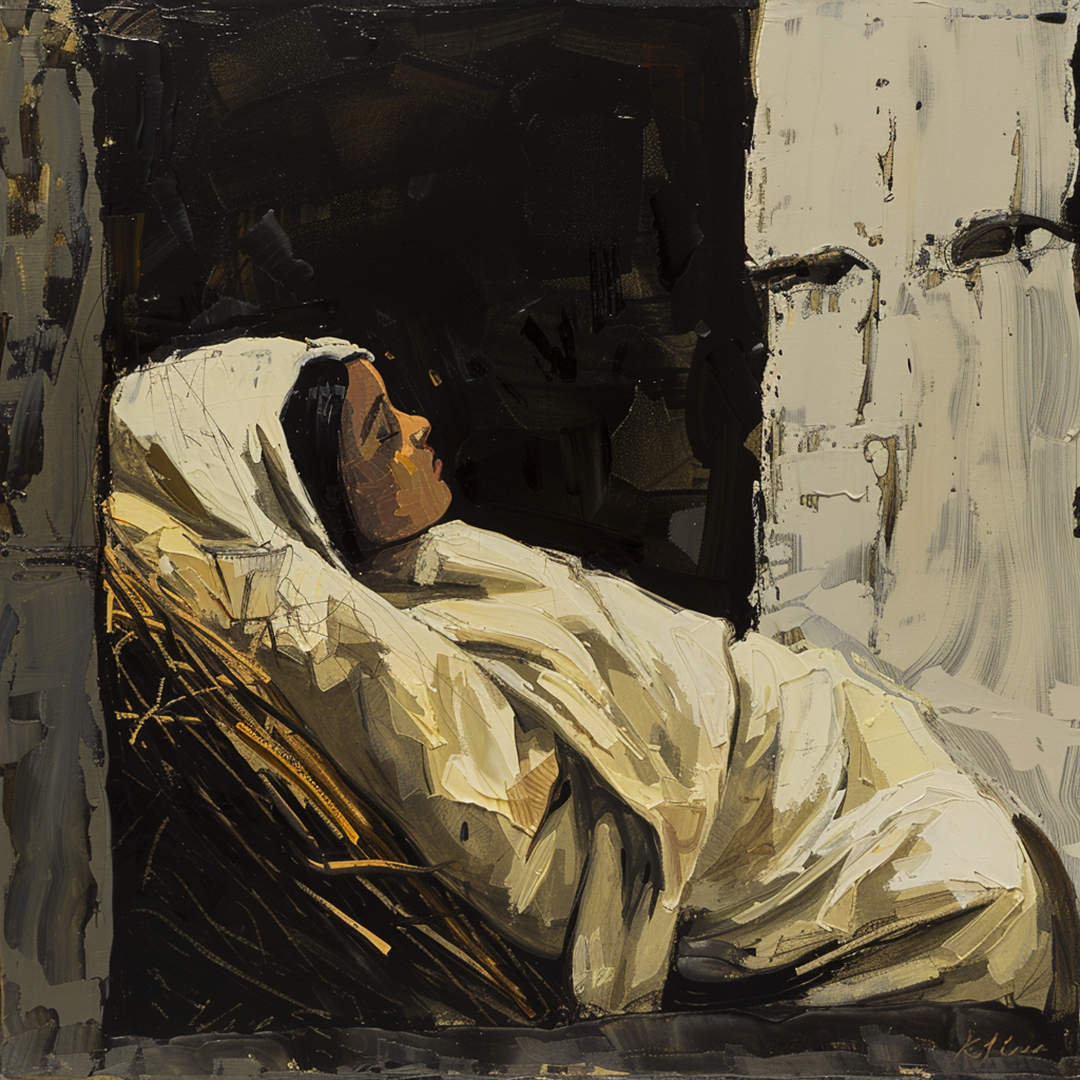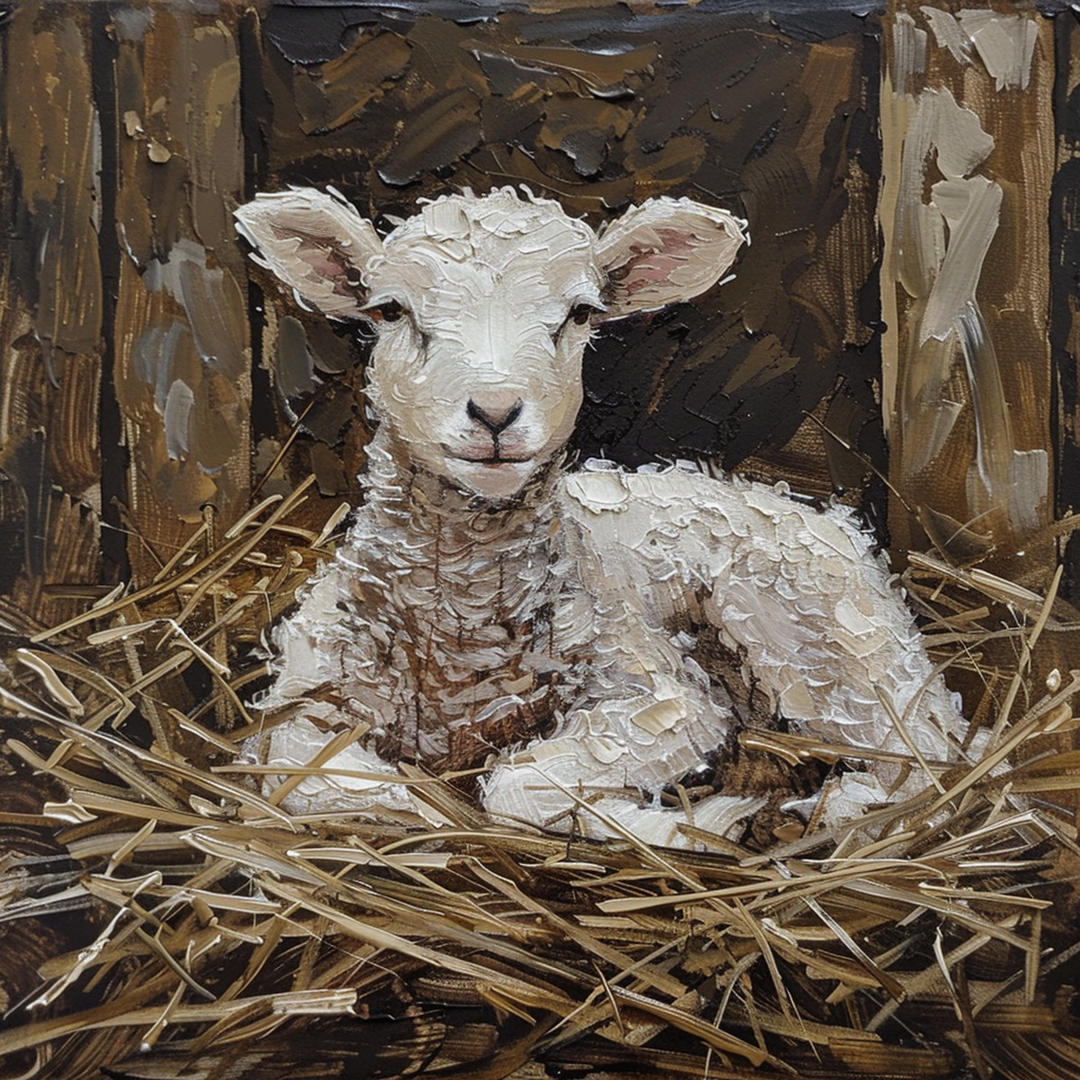They seemed to be strangers—at least they did not have relatives or friends to whom they could turn; and the man started at once to make his way to the inn or "kahn," as it was called in those days.
This inn was a quadrangular building made of rough stones. It was one story high, with a flat roof, and it had not a single window. All around it was a high wall, built of rocks; and the space between that wall and the building made a safe enclosure for the animals.
The thing about these inns that would surprise you or me today was the way in which the business connected with them was run. There was no charge made for staying there, but safe lodging was freely given. Each company which came brought its own bedding, its own food and everything they needed to use in cooking. A resting place and safe protection were all that were offered. The inn was in charge of one caretaker. There were no other servants.
As the traveler, whose name was Joseph, drew near he found to his dismay that he could not even make his way through the crowd to the gate keeper, who was guarding the one entrance to the inn.
He decided to leave Mary, his wife, in the company of a family with whom he had been talking while he made an effort to gain entrance.
When at last he reached the man in charge, he found it was just as he had feared. The inn was full—there was no room for them there.
In vain he urged; he told of his own line of ancestors; of the noble line from which his wife descended. The answer was always the same: "There is no room."
At last he pleaded for Mary, his wife. He told the man in charge that she was not strong, that she had come a long, long way and was very tired; and urged that some place be found for her. He feared the results if she should be compelled to stay in the open all night.
So earnestly he pleaded his case that at last the man said, "I have no room and yet I cannot turn you away; come with me and I will find you a place in the stable."
Joseph then found Mary and they and the ones with whom she had been tarrying went together to the stable and there made themselves comfortable for the night.

This was not at all the cross to them that it would seem to you today. It was a very common thing indeed for people to stay in the stables when the inn was full. And then, too, you must remember that they were descended from a long line of shepherds. They naturally loved the animals and did not feel at all badly to sleep where they had been, or even in very close company with them.

We can imagine that it was with very thankful hearts they lay down to rest that night.






































































